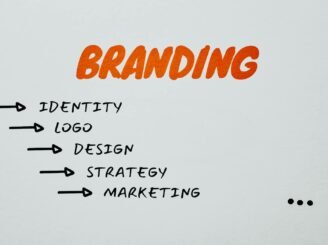In today's fast-paced, visually-driven world, presentations are a crucial part of communication in various fields, including business, education, and marketing. A well-designed presentation can make all the difference in engaging your audience, conveying your message, and achieving your goals. However, a poorly designed presentation can lead to confusion, boredom, and a lack of engagement.

The Power of Visual Communication
Visual communication is a powerful tool in presentation design. By using visually compelling designs, you can:
- Capture your audience's attention and engage them emotionally
- Convey complex information in a simple and easy-to-understand way
- Make your message more memorable and shareable
- Enhance your credibility and authority on the subject
Key Elements of Visually Compelling Presentation Designs
So, what makes a presentation design visually compelling? Here are some key elements to consider:
- High-Quality Images: Use relevant, high-quality images that support your message and add visual interest.
- Consistent Color Scheme: Select a limited color palette that aligns with your brand and message.
- Clear Typography: Choose a clear, readable font that's consistent throughout your presentation.
- Visual Hierarchy: Organize your content using a clear visual hierarchy, with headings, subheadings, and bullet points.
- Interactive Elements: Incorporate interactive elements, such as animations, transitions, and videos, to engage your audience and convey your message.
Real-World Examples
Many presenters have successfully used visually compelling presentation designs to enhance their message. Here are a few examples:
- Steve Jobs: Steve Jobs' presentations were legendary for their simplicity, clarity, and visual appeal. He used high-quality images, a consistent color scheme, and clear typography to create a compelling narrative.
- TED Talks: TED Talks are known for their engaging, informative, and visually appealing presentations. Presenters use a range of design elements, including animations, videos, and images, to convey their message and capture the audience's attention.
- Al Gore: Al Gore's presentations on climate change are a great example of visually compelling presentation design. He uses high-quality images, a consistent color scheme, and clear typography to convey his message and engage his audience.
Conclusion
Visually compelling presentation designs are essential for enhancing your message and engaging your audience. By incorporating key elements like high-quality images, consistent color scheme, clear typography, visual hierarchy, and interactive elements, you can create a presentation that resonates with your audience and achieves your goals. Remember, presentation design is not just about aesthetics; it's about communicating your message effectively and making a lasting impression. By investing time and effort into your presentation design, you can take your presentations to the next level and achieve success.




